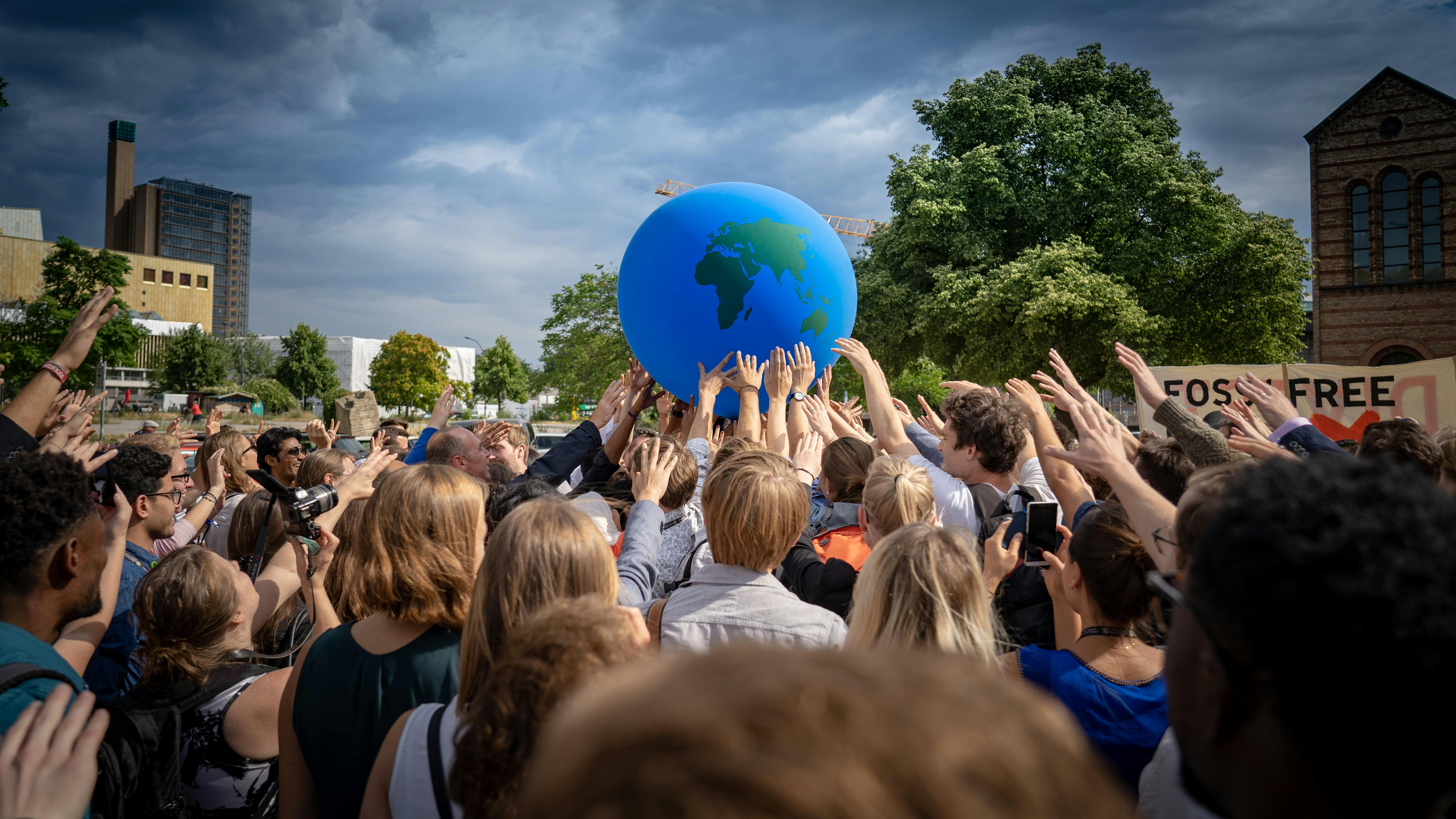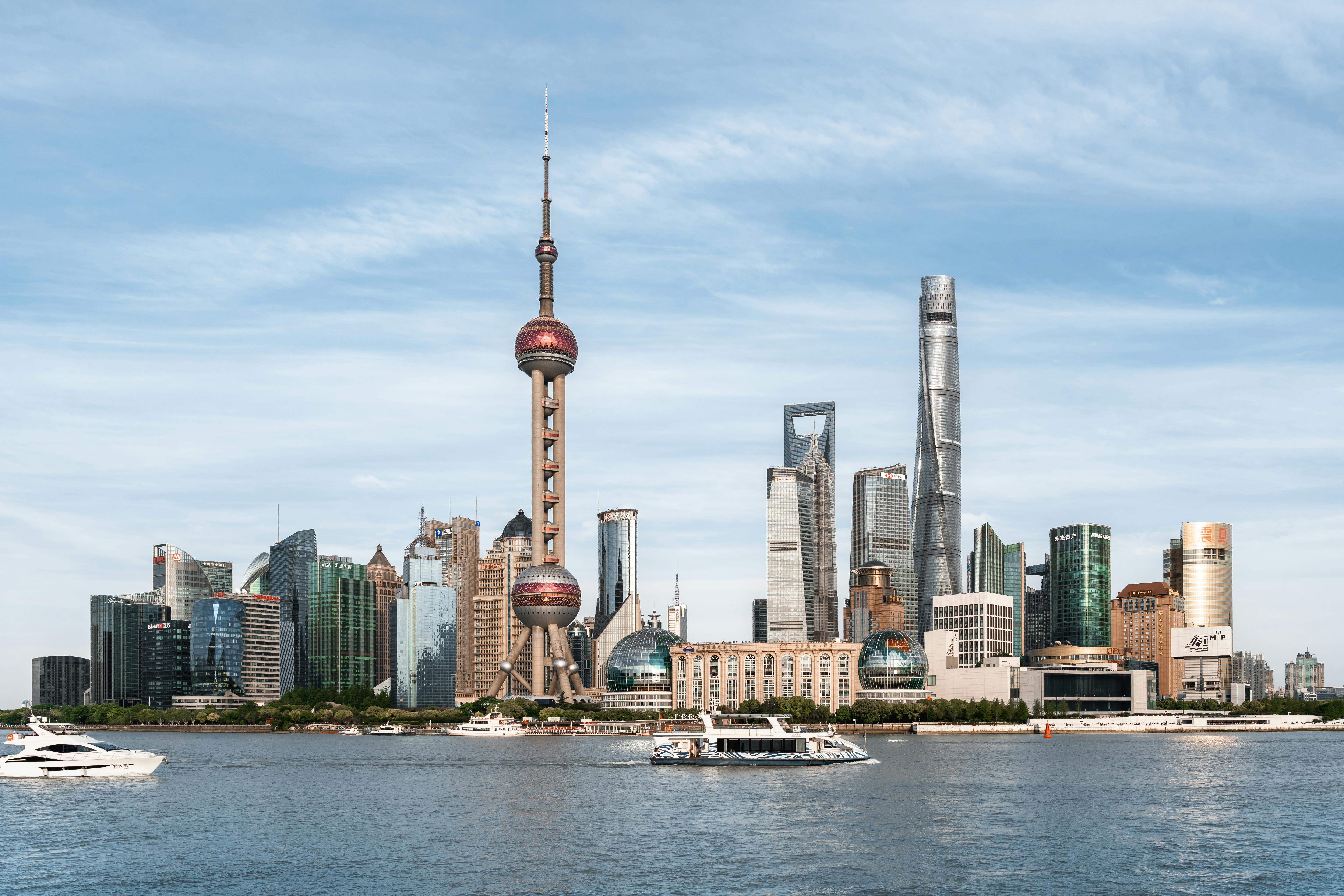Saudi Arabia is accelerating its ambitions to become a global leader in artificial intelligence (AI), marking a new era for the Kingdom’s economy and technology sector. Long recognized as the world’s top oil exporter, Riyadh is now channeling billions of dollars into digital transformation, robotics, and AI research. This shift is central to Crown Prince Mohammed bin Salman’s Vision 2030, which seeks to diversify the economy, empower youth, and establish Saudi Arabia as a hub for technological innovation in the Middle East and beyond.
In recent months, Saudi Arabia has announced new AI partnerships with global technology giants, launched advanced research centers, and committed unprecedented funding for digital infrastructure. These investments are not simply about keeping pace with global trends—they represent a bold attempt to position the Kingdom as a pioneer in the Fourth Industrial Revolution.
AI as the New Oil
For decades, oil defined Saudi Arabia’s global power. Now, leaders are betting that AI will be the new engine of growth. From predictive healthcare systems to intelligent traffic management, AI applications are expected to revolutionize daily life in Saudi Arabia while creating lucrative opportunities for businesses.
The Kingdom has already established the Saudi Data and Artificial Intelligence Authority (SDAIA), tasked with developing AI capabilities across government, industry, and education. By 2030, Saudi Arabia aims to attract $20 billion in AI investments and train thousands of local experts in machine learning, robotics, and advanced computing.
This focus reflects a global reality: countries that lead in AI will hold competitive advantages in defense, healthcare, energy, and education. For Saudi Arabia, AI is not just an economic tool—it is a strategic necessity.
Major International Partnerships
Saudi Arabia’s AI push is backed by partnerships with some of the world’s largest tech companies. Google Cloud recently announced a new data center in the Kingdom, while Huawei is investing heavily in training Saudi engineers in AI systems. Microsoft and IBM are collaborating with local universities to establish innovation labs and AI-focused research hubs.
One of the most notable developments is Saudi Arabia’s investment in AI-driven smart cities. The flagship project, NEOM, is envisioned as a $500 billion futuristic city where AI will manage everything from energy use to transportation. Robots, drones, and predictive analytics will form the backbone of this experimental megacity, offering the world a glimpse into the future of AI-powered living.
AI in Healthcare and Education
Healthcare is among the top sectors benefiting from AI innovation in Saudi Arabia. AI-powered systems are being introduced to improve patient care, speed up diagnosis, and predict disease outbreaks. During the COVID-19 pandemic, Saudi Arabia used AI-driven platforms to track cases and manage vaccination campaigns, earning global recognition for its efficiency.
In education, AI is being integrated into classrooms to provide personalized learning. Smart platforms assess student progress and adapt lessons to individual needs. This not only modernizes the education system but also prepares young Saudis for careers in a digital economy.
Cybersecurity and National Security
As AI adoption increases, so does the importance of cybersecurity. Saudi Arabia is investing heavily in AI-powered defense and security systems. These include automated surveillance technologies, predictive cybersecurity platforms, and advanced military applications. Given the Kingdom’s strategic importance, securing its digital infrastructure is as critical as protecting its oil pipelines.
National security experts note that Saudi Arabia’s adoption of AI in defense will shape the balance of power in the Middle East, making Riyadh not only an economic powerhouse but also a technological leader in regional security.
Challenges Ahead
Despite its progress, Saudi Arabia faces significant challenges in becoming a global AI hub. Building a skilled workforce is one of the biggest obstacles. While partnerships with international universities and companies are helping, experts stress the importance of cultivating local talent to sustain long-term growth.
Another challenge is balancing innovation with regulation. As AI raises ethical concerns—from data privacy to algorithmic bias—the Kingdom must establish strong legal frameworks to ensure responsible use of technology.
Finally, global competition is intense. Countries such as the United States, China, and the United Arab Emirates are all racing to dominate AI. Saudi Arabia will need to maintain its momentum and avoid becoming overly reliant on foreign expertise.
Social Impact of AI
AI’s impact in Saudi Arabia extends beyond economics and security. For young Saudis, the rise of AI symbolizes opportunity. The government’s investments are creating thousands of jobs in data science, engineering, and robotics. AI-driven entrepreneurship is also on the rise, with startups developing applications in fintech, logistics, and e-commerce.
For women, AI opens doors to new careers in technology, aligning with broader reforms to empower women in the workforce. By combining inclusivity with innovation, Saudi Arabia hopes to build a more balanced and future-ready society.
Expert Opinions
Technology experts highlight Saudi Arabia’s AI strategy as one of the boldest in the world. Dr. Omar Al-Hussein, a Riyadh-based AI researcher, stated:
“Saudi Arabia understands that AI is the future. The Kingdom’s investments show it is not waiting to catch up—it wants to lead.”
Meanwhile, U.S. tech analyst Sarah Thompson remarked:
“NEOM is the most ambitious smart city project in the world. If Saudi Arabia delivers on its AI promises, it could set new global standards for technology-driven living.”
FAQs
Why is Saudi Arabia focusing on AI now?
AI is central to the Kingdom’s Vision 2030 plan to diversify its economy beyond oil and become a global tech leader.
What role does NEOM play in AI innovation?
NEOM is a futuristic smart city powered by AI technologies, designed to showcase the Kingdom’s technological ambitions.
How is AI being used in healthcare?
AI helps in early diagnosis, patient care, and managing healthcare systems efficiently, including during the COVID-19 pandemic.
What challenges does Saudi Arabia face in AI?
Key challenges include building local talent, ensuring data privacy, and competing with established global AI leaders.
How does AI benefit Saudi youth?
It creates new career opportunities in engineering, data science, and entrepreneurship, empowering the next generation.
Conclusion
Saudi Arabia’s heavy investment in artificial intelligence signals a transformative shift in its national identity. No longer defined solely by oil wealth, the Kingdom is positioning itself as a technological powerhouse with global influence. From healthcare to education, defense to smart cities, AI will reshape every sector of Saudi life. Challenges remain, particularly in workforce development and regulation, but the vision is clear: Saudi Arabia wants to lead the world into the AI-driven future. If successful, this bold strategy could make Riyadh not just the energy capital of the world, but the innovation capital as well









